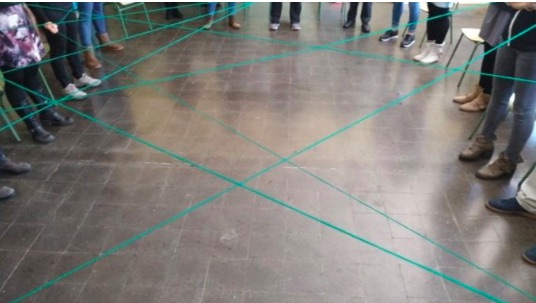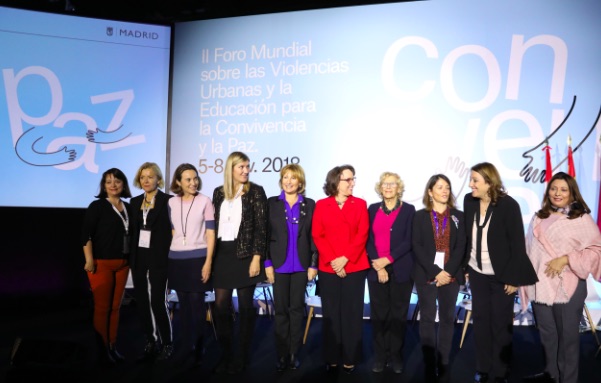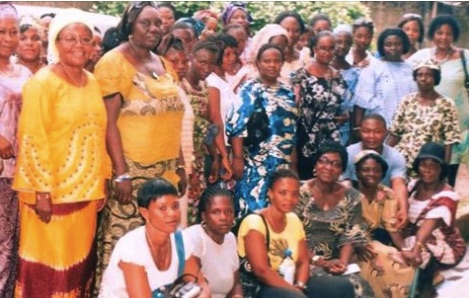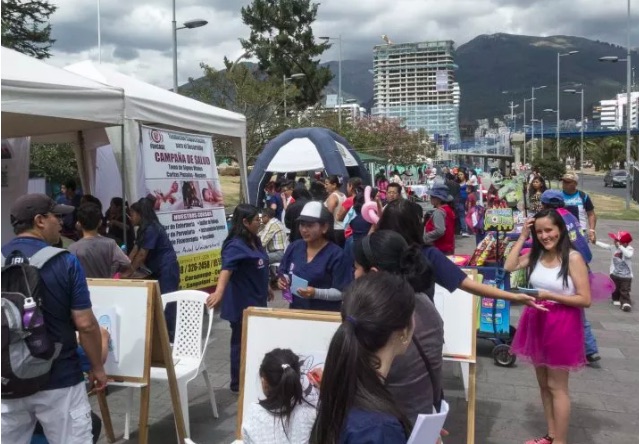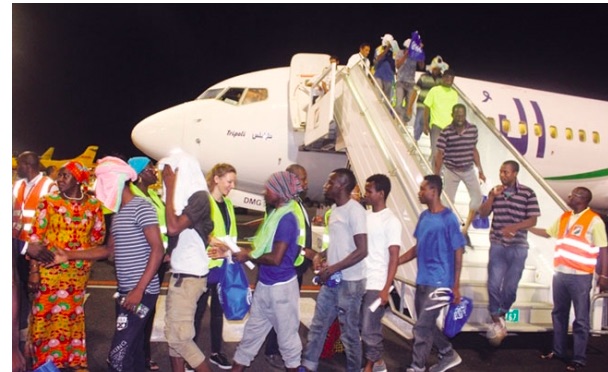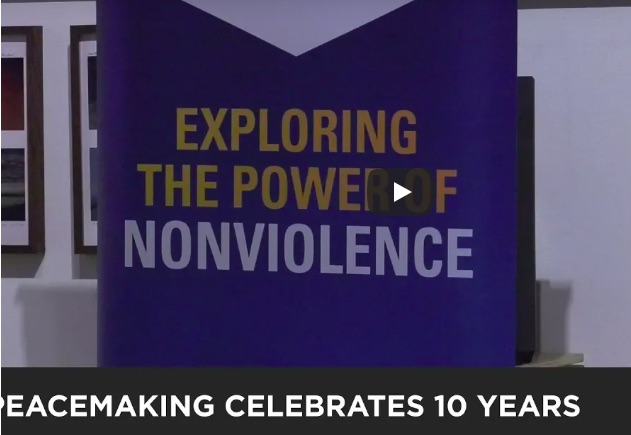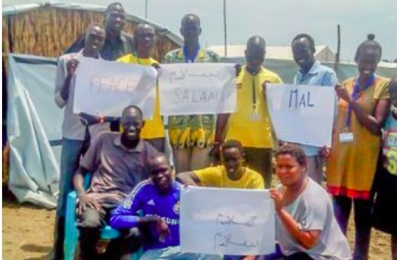TOLERANCE AND SOLIDARITY .
An article copied from 12 News Online and still available at the Huffington Post
A third-generation Mexican-American artist hopes to show fellow Americans a more personal view of individuals in the migrant caravan making their way to the United States from Central America.
“These are regular people,” said Scarlett Baily, a Mexico City visual artist who talked to some of the 5,000 or so people in the caravan while they rested in Mexico recently. As she considered how to help, she said she “decided to go draw portraits.”
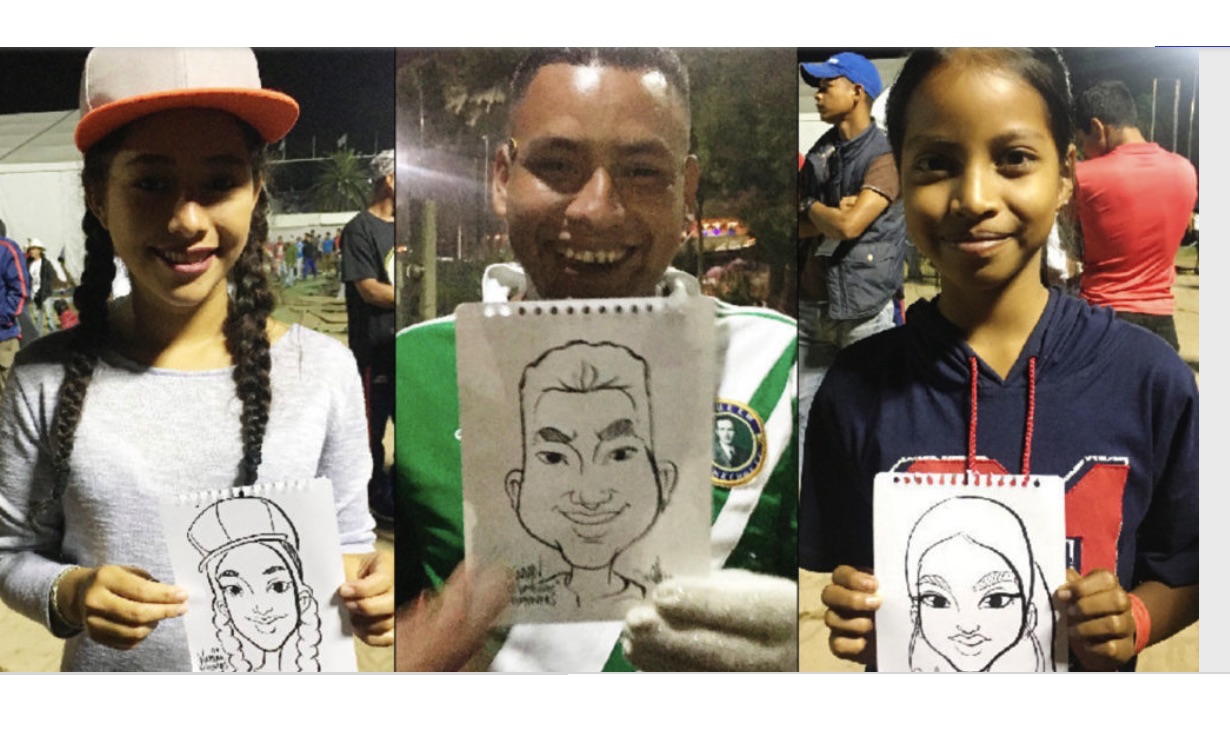
(Click on the photo to enlarge)
“It was hilarious, delightful, and the joy and courage of this crew is truly contagious,” Baily told HuffPost.
President Donald Trump has been claiming the caravan is an invasion, filled with terrorists, gang members and drug dealers. But Baily’s drawings show the worn but hopeful faces of people in the midst of an epic trek from poverty and violence in their home countries to the U.S., where many aim to apply for asylum.
Trump, whose campaigning ahead of last week’s elections relied on fear of the migrants, ordered more than 7,000 active-duty troops to the border to deter asylum-seekers. He has been silent on the topic on social media since the election.
Their story “felt too mythical to be real,” Baily said via email, and she “had to meet these people.”
(Article continued in right column)
The refugee crisis, Who is responsible?
(Article continued from left column)
“I think the bravest people on this journey are the mothers and children,” Baily said. News coverage, she added, “paints a very different picture of what I saw in my time spent at the camp.”
“Images of desperation, exhaustion, and suffering dominate a lot of the reports, when the reality is, there is actually a lot of joy,” she said. “This journey they are on is indeed hard-core. But imagine the conditions that someone leaves behind. I think there is a certain sense of freedom that comes with this decision.”
Mexico City officials turned a stadium into a camp where the migrants could pause on their journey, and “offered them every type of city service,” according to The New York Times. Doctors and dentists provided free checkups.
The caravan departed on Saturday morning to continue the walk north.
Baily said 25-year-old Jean Carlos told her he’s from Choloma, Honduras, worked in a bodega, goes to church every Sunday, loves to drive, and one day hopes to own a Mazda. He’s heading to Canada with cans of tuna in his pocket.
Two young girls, Lincy and Nataly, are traveling with their mother, father, and 1-month old brother, who was born in Honduras just before they left. Lincy told Baily that she hates brushing her hair. Nataly loves to draw.
The family told Baily that traveling has been hard, but “so many families on the caravan together have created a great support system.”
Baily also spoke with a barber named Osman, whose friends call him the “Talento Catracho,” or the local Honduran talent. He told her he’s walking “because he wants to be able to support himself with his craft, without fearing the mafia system taking over Honduras.”
“Sitting with someone to do their portrait is a very personal exchange,” Baily said. The mood of most of those she talked to, she added, is dominated by hope.
“My hope is that the caricatures provide a nice memory for people who left everything behind, a moment to feel celebrated, rooted for, and an alternative to what we see in mass media,” Baily said. “Perhaps these portraits may swap fear of migrants for a collective empathy.”
[Click here to see more of Baily’s drawings of people in the caravan.]
